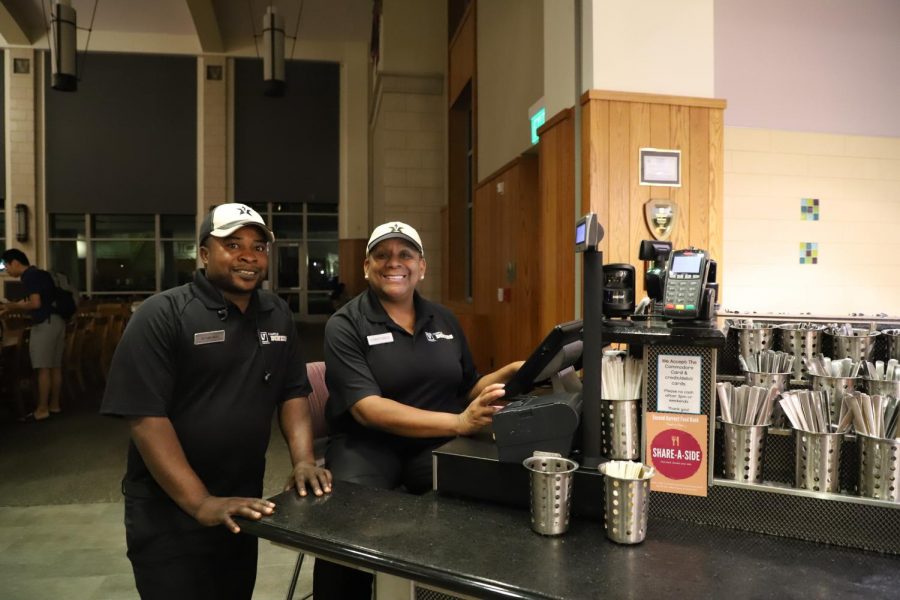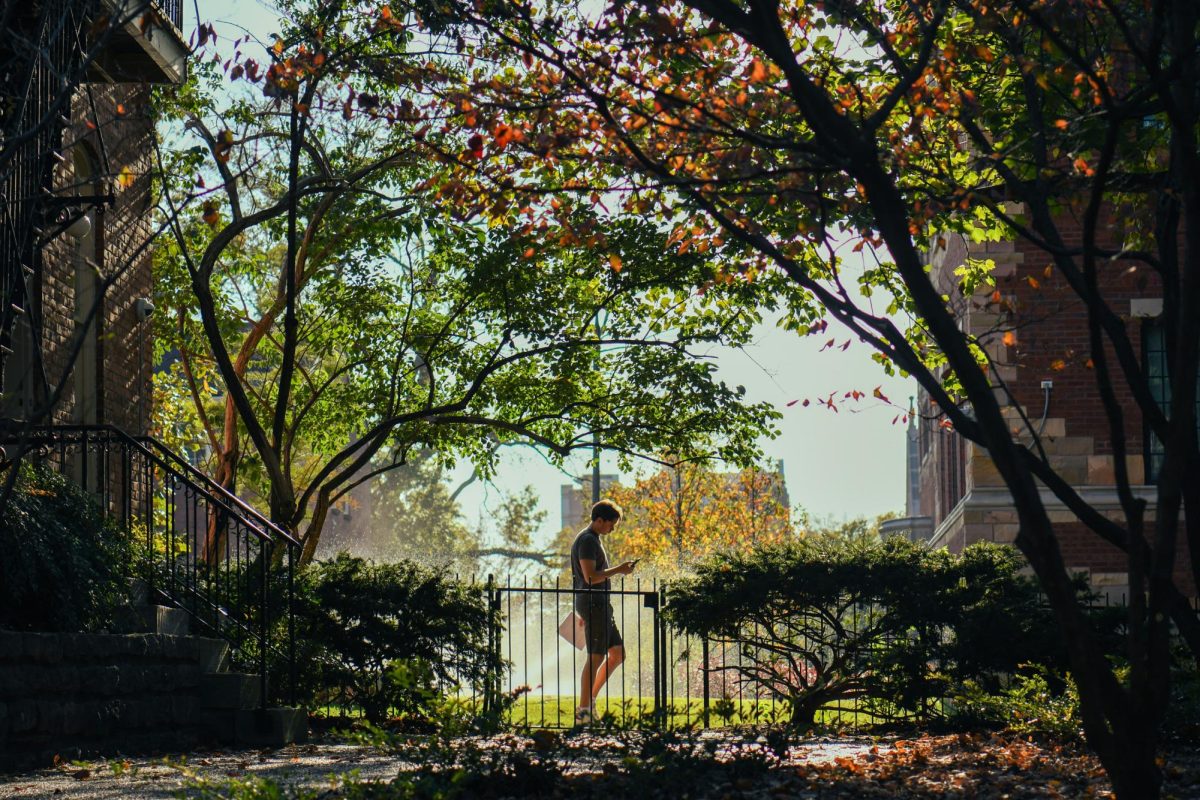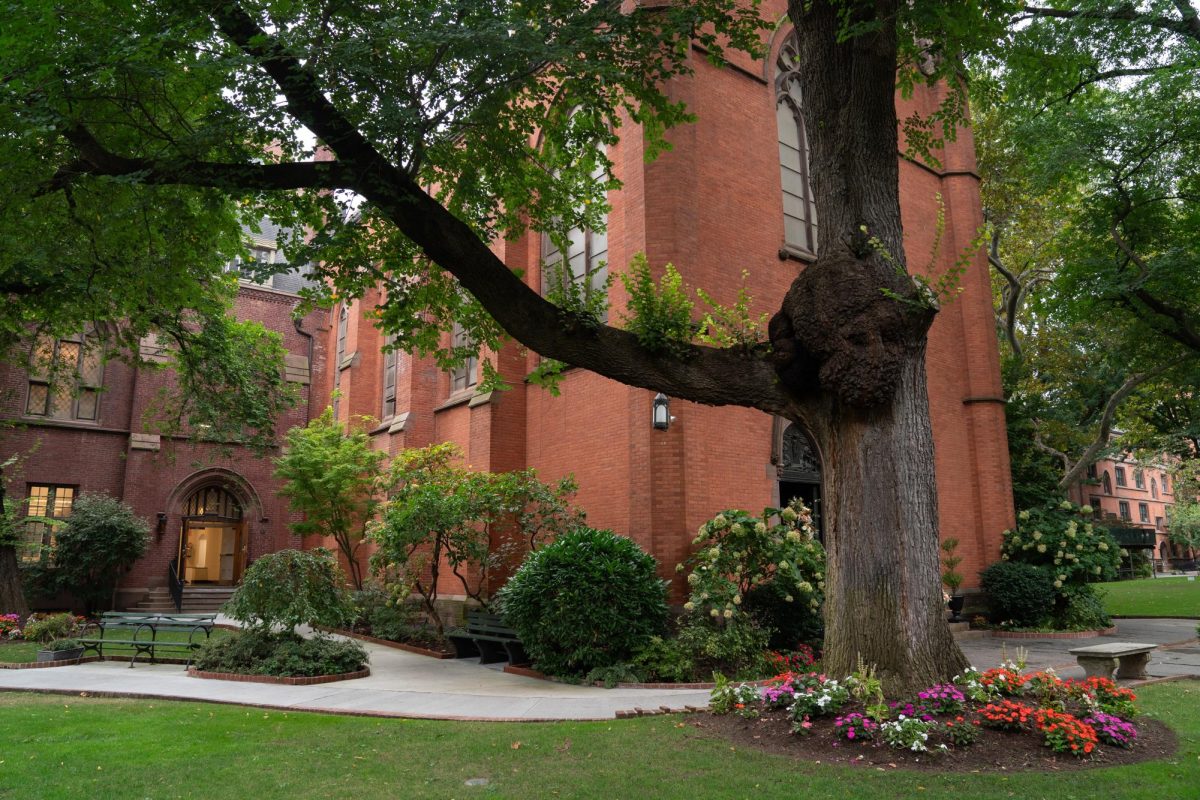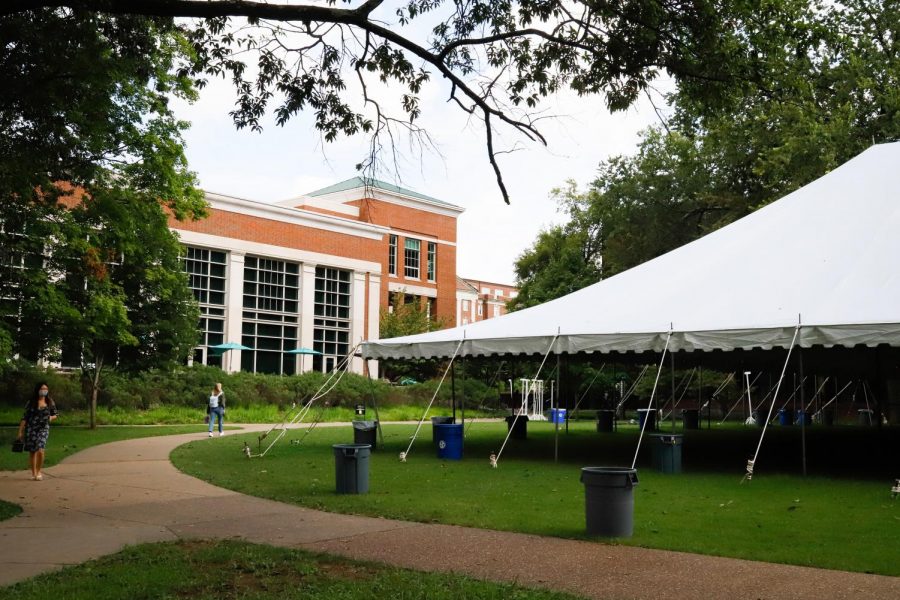In light of the transition to digital learning, Vanderbilt has promised to preserve normal pay and benefits for its staff through the remote work period. This promise, however, does not include student workers, which operate as a separate category of university employees.
Students employed through Federal Work Study (FWS) will continue to receive normal pay, regardless of their ability to work remotely. Other student workers may continue to be paid if their responsibilities can be completed online or remotely. Resident Advisors (RAs) are not being paid for the remainder of the year, despite signing a contract to receive monthly stipends through the middle of May.
Resident Advisers
The transition to online learning has not been a smooth one for Resident Advisers (RAs), who are unable to continue their work remotely. An RA allowed to speak anonymously due to fear of retribution from their employer said that the RAs had been paid their usual stipend for January through March, but would not receive pay for April or May, when RAs usually receive a half month’s stipend. The stipends range from $250 per month to $600 per month depending on level of responsibility, according to RAs.
“Some people are also angry because the housing office should already have budgeted the specific amount of money to give to the RAs,” the RA wrote in a message to The Hustler. “Considering that it is impossible for certain individuals to move back home and find a job, and considering that many people don’t necessarily have a housing arrangement, it’s an unfair call to not pay the RAs.”
RAs have spent a lot of time working to prepare events which have since been cancelled, another RA said. The failure to fully compensate represents a breach in the RA contract, which guarantees compensation through the middle of May, they said.
“By evicting us out, OHARE and Vanderbilt breached their side of the contract first, but we are the ones paying for it,” the RA said in an email to The Hustler. “They demanded that we leave so then we lose our pay.”
Vanderbilt deeply appreciates the RAs’ service and recognizes the difficulty of the situation for all involved, a university spokesperson said. Vanderbilt did not respond to an inquiry regarding the breach of RAs contracts.
“RAs, as with all employees at Vanderbilt, and in Tennessee, are employed in part based on employer need,” the spokesperson said. “Given the circumstances, there is reduced need for RAs on campus.”
Federal Work Study Student Workers
“Students who already had a position through the Federal Work Study Program (FWS) before COVID 19 will continue to receive payment until May 1st,” a university spokesperson said in an email to The Hustler. “FWS students unable to continue their employment due to distance will continue to be paid, but must log their hours until they run out of FWS funds.”
Students who demonstrate eligibility for FWS based on financial need receive an award to fund a certain amount of work.
Some employers have created new projects so that students can work their regular hours remotely, if they choose. According to Vashni Boamah, a junior who works in Central Library, the libraries have started a work schedule for an online project related to their digital system, and students can sign up for shifts at their convenience.
“The library has been incredibly accommodating over this time period,” Spencer Castle, a senior FWS student worker said in an email to The Hustler. “Even when we were allowed to stay on campus (just after we switched to online courses) they let students call in sick to head home. I chose to stay, and they let me pick up a ton of hours and work a more flexible shift to accommodate my new and rapidly changing schedule.”
When the university announced that all undergraduate students were required to leave campus, Castle was unable to continue working, since his job was service-related. Based on the university’s FWS policy, however, he will continue to receive pay according to his normal schedule.
FWS student worker Srish Kumar works as an office assistant at the Robert Penn Warren Center for the Humanities. His responsibilities have changed significantly through the online transition, since most of his work previously consisted of in-person tasks, Kumar said.
“My boss has been amazing at helping me out with the transition, though,” Kumar wrote in a message to The Hustler. “She’s given me a lot of work I can do online and has given me a lot of flexibility with deciding when I work, which has really helped me adjust to everything going on.”
Non-FWS Student Workers
Non-FWS student workers should consult with their managers about the ability to work remotely, the university said in the Mar. 20 email.
Judy Li, a junior who works with Vanderbilt Tutoring Services, reports that her job’s transition online was fairly seamless. Since the Writing Studio already had a platform set up for online consultations, Li is able to continue her normal work schedule, providing tutoring online instead of face-to-face, Li said.
The Latin American Public Opinion Project (LAPOP), which employs more than a dozen students, has given all student workers the option to continue their work remotely.
“We had a zoom conference call yesterday [Mar. 27] where we were told we would be adopting a new task management system to facilitate communication,” Sael Soni, a junior who works at LAPOP, said in a message to The Hustler. “We have also been given the option to have flexible hours throughout the week. There’s nothing to complain about. LAPOP has handled the situation extremely well.”
Non-FWS student workers depend on their supervisors to facilitate the online transition. For those students who haven’t heard from their supervisors, the situation remains uncertain. Nathaniel Cambridge, a junior who works for Campus Dining Catering, said he has not received any communication from his supervisor yet. Cambridge is unsure how his position will transition or whether he’ll be able to continue working, he said.
Non-student Staff
Vanderbilt non-student staff will continue to receive normal pay and benefits during the initial remote work period, even if they are unable to continue their work remotely, the university stated in a Mar. 20 announcement. For employees unable to work remotely, this means reporting paid administrative leave for the hours they would normally have worked.
According to Laura Rester, a cook assistant at Rand Dining Center, Campus Dining workers were sent home suddenly in the middle of a shift on Monday, Mar. 16.
“I was literally eating my lunch for the shift, and I got told, ‘Okay, everybody’s leaving now,’” Rester said.
The workers were sent home with the promise of paid leave through at least April 11, but Rester said she’s doubtful the workers will be called back in to work anytime soon.
“A lot of people were thinking they probably won’t have us come back because there’s no students on campus,” Rester said.
Dining workers will be receiving paid leave in accordance with the average number of hours they worked per week during the first half of the semester, Rester said. “For safety reasons, it’s pretty clear that that was the right call for us to be not on campus,” Rester said.











